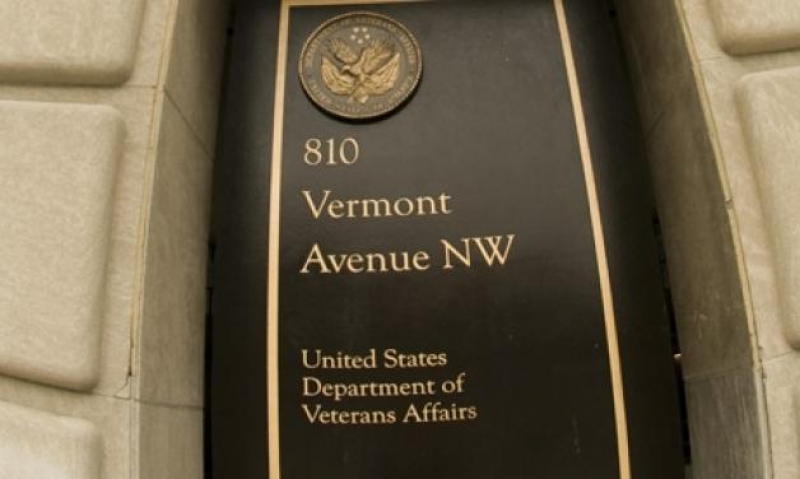
Legion chief says budget shortfall can’t stand in the way of veteran care.
American Legion National Commander Michael D. Helm expressed frustration over testimony Thursday on Capitol Hill that the Veterans Health Administration is facing a $2.5 billion budget shortfall this fiscal year. At the same time, Helm reiterated the position of the nation’s largest veterans service organization, that outsourcing is not a long-term solution.
“Veterans need the Department of Veterans Affairs, and The American Legion expects VA to provide quality health care in a timely manner to those who served our nation in uniform and earned that benefit,” Helm said. “This budget shortfall, which can be attributed to higher-than-expected patient demand and increased resources to attempt to meet it, cannot prevent veterans from getting the care they need when they need it, regardless where we are in the budget cycle. VA is going through its biggest adjustment since the troops came home from World War II. As VA, the administration and The American Legion did then, we must all work together to find long-term solutions.”
Helm said the use of non-VA providers through the Veterans Choice Program – driven by an emergency funding measure passed by Congress last summer when the appointment-delay crisis fanned a media firestorm over VA access and leadership accountability – must remain a temporary fix while the bigger problem of properly resourcing and managing VA health-care facilities and services is resolved. “Access to VA health care is a problem that can be solved. The patient is sick, and it’s up to all of us to find the right treatment, not just turn the problem over to someone else.” The American Legion and VA have been working together for over a year to better understand the problems veterans are having with VA and to solve them one-on-one at nearly two dozen Legion-produced Veterans Benefits Center events in local communities.
The Veterans Choice Program gives VA authority to allow veterans waiting too long for appointments, as well as those who live more than 40 miles from VA facilities, the ability to purchase government-reimbursed care from non-VA providers. Use of the Choice program, however, has been slower than VA anticipated.
Deputy VA Secretary Sloan Gibson asked Congress Thursday to shift some of the Choice allocation to help the agency make ends meet through the end of the fiscal year. He explained that VA completed some 7 million more appointments this year, compared to last, and added 12,000 more staff, including some 2,700 nurses and 1,000 doctors to meet a 10 percent demand increase over 2014.
“VA needs to be right-sized to meet the needs of today’s veterans,” Helm said. “Unexpectedly high demand is a pretty clear sign that the veterans of our nation need and want VA health care, as is the unexpectedly low use of non-VA providers so far through the Choice Program. If funds need to move from one budget to another to provide qualified veterans the VA health care they earned and deserve, then move them. In the meantime, VA and Congress simply need to find a long-term solution that does not send veterans looking for care from providers who may or may not understand their needs or accept VA’s processes. Veterans deserve better than that.”
- Veterans Healthcare

